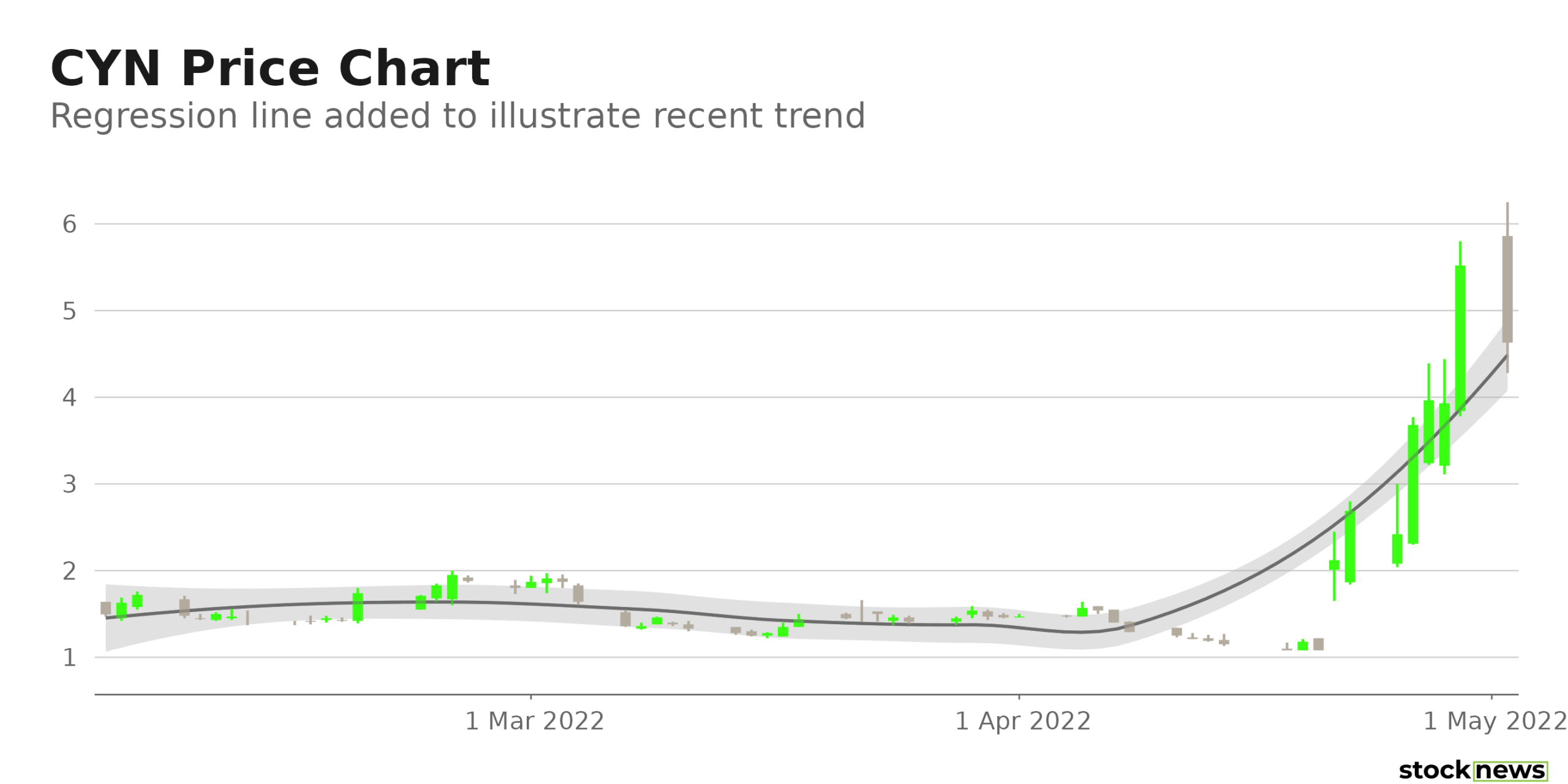
Decoding ‘Cyn’: Exploring its Meanings and Usage in Modern Contexts
In the ever-evolving landscape of language, words often take on new meanings, abbreviations emerge, and slang terms proliferate. One such term that has piqued curiosity is ‘cyn‘. While not a universally recognized word in formal dictionaries, ‘cyn‘ frequently appears in online conversations, text messages, and social media posts. Understanding its nuances and potential interpretations is crucial for effective communication in the digital age. This article will delve into the potential meanings of ‘cyn‘, its origins, and how it’s used in various contexts.
Potential Origins and Meanings of Cyn
The term ‘cyn‘ doesn’t have a single, definitive origin or meaning. Its interpretation often relies heavily on context. However, we can explore several possibilities:
- Abbreviation of Cynical: This is arguably the most common interpretation. ‘Cyn‘ is frequently used as a shortened form of ‘cynical,’ describing someone who is distrustful of human nature and motives. A cynical person often believes that people are primarily motivated by self-interest.
- Nickname or Shortened Name: ‘Cyn‘ could be a nickname, a shortened version of a longer name like Cynthia or Cyndy. Without further context, it’s difficult to determine if this is the intended meaning.
- Internet Slang: In the realm of internet slang, ‘cyn‘ might be used ironically or humorously, even if the speaker doesn’t genuinely hold cynical views. This usage often depends on the specific online community and the tone of the conversation.
- Misspelling: It’s also possible that ‘cyn‘ is simply a misspelling of ‘sin’ or another similar-sounding word. Consider the context to determine if this is the most likely explanation.
‘Cyn’ as an Abbreviation for Cynical
When ‘cyn‘ is used as an abbreviation for cynical, it carries the same weight and implications as the full word. A cynical viewpoint often stems from past experiences or a general disillusionment with the world. Understanding the root of someone’s cynicism can provide valuable insight into their perspectives and behaviors.
For example, someone might describe a politician’s promises as ‘cynical,’ implying that they believe the politician is making insincere pledges simply to gain votes. Or, someone might say, ‘I’m feeling cyn about the chances of this project succeeding,’ expressing a lack of faith in its outcome.
Examples of Cynical Behavior
Recognizing cynical behavior can be helpful in navigating social interactions. Here are some common indicators:
- Distrust of Others: A cynical person often assumes the worst about other people’s intentions.
- Sarcasm and Sarcastic Remarks: Sarcasm is a frequent tool used to express cynicism.
- Pessimism: A tendency to focus on the negative aspects of situations.
- Questioning Motives: Constantly questioning the motives behind people’s actions.
- Disillusionment: A general sense of disappointment with the world and its institutions.
‘Cyn’ as a Nickname
Outside of its use as an abbreviation, ‘cyn‘ can serve as a shortened version of names like Cynthia, Cyndy, or even names starting with ‘Cy’. This usage is more straightforward and less loaded with connotations than its use as an abbreviation for cynical. If you encounter ‘cyn‘ in a context where a person is being addressed, it’s worthwhile to consider the possibility that it’s simply a nickname.
‘Cyn’ in Internet Slang
The internet has its own unique language, and ‘cyn‘ is no exception. In online communities, the term might be used in ways that differ from its traditional meaning. Irony and humor often play a role in online communication, so it’s important to interpret ‘cyn‘ within the specific context of the online conversation. For example, someone might jokingly describe themselves as ‘cyn‘ even if they are generally optimistic, using it as a lighthearted self-deprecating remark. Understanding the specific online community and its norms is crucial for accurately interpreting the intended meaning of ‘cyn‘.
The Importance of Context
As with any ambiguous term, context is paramount when interpreting ‘cyn‘. Pay attention to the surrounding words, the tone of the conversation, and the relationship between the speakers. Consider the following questions:
- Is ‘cyn‘ being used to describe a person’s attitude or behavior?
- Is it being used in a formal or informal setting?
- Is there any indication that it’s a nickname or a misspelling?
- What is the overall tone of the conversation?
By carefully analyzing the context, you can significantly increase your chances of correctly understanding the intended meaning of ‘cyn‘.
How to Respond to Someone Described as ‘Cyn’
If someone is described as ‘cyn‘ or admits to feeling ‘cyn‘, it’s important to respond with sensitivity and understanding. Avoid making assumptions or judgments about their character. Instead, try to understand the reasons behind their cynicism. Asking open-ended questions can encourage them to share their perspectives and experiences. For example, you could ask, ‘What makes you feel that way?’ or ‘Can you tell me more about why you’re feeling cynical?’. Showing empathy and a willingness to listen can help build trust and foster a more meaningful connection. Remember that cynicism often stems from past hurts or disappointments, so approaching the conversation with compassion is key.
The Impact of Cynicism
While a healthy dose of skepticism can be beneficial, excessive cynicism can have negative consequences. It can lead to social isolation, decreased happiness, and a reduced sense of hope. Cynical individuals may struggle to form meaningful relationships and may be more prone to anxiety and depression. Recognizing the potential downsides of cynicism is important for both individuals and society as a whole. [See also: Understanding Pessimism and Optimism]
On the other hand, a complete lack of cynicism can also be detrimental, making individuals susceptible to manipulation and exploitation. A balanced perspective, incorporating both skepticism and trust, is often the most effective approach to navigating the complexities of life. It is important to note that the word cyn is often used in online discussion, so it is important to be aware of the context.
Conclusion
The term ‘cyn‘ is a multifaceted word whose meaning depends heavily on context. Whether it’s used as an abbreviation for cynical, a nickname, or a form of internet slang, understanding its potential interpretations is crucial for effective communication. By paying attention to the surrounding words, the tone of the conversation, and the relationship between the speakers, you can decipher the intended meaning of ‘cyn‘ and respond appropriately. Remember that cynicism, while sometimes justified, can have negative consequences, and a balanced perspective is often the most beneficial approach. The next time you encounter the term ‘cyn,’ take a moment to consider the context and avoid making assumptions. Understanding how to decipher ‘cyn‘ and respond to it, is critical in the digital age.

